Japan’s minpaku market falling below expectations
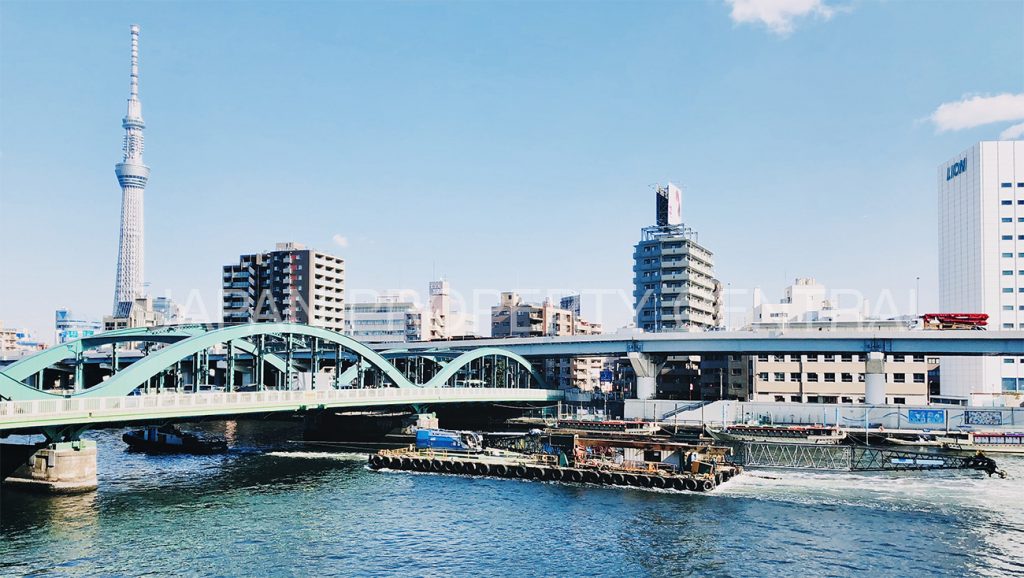
A year has passed since the introduction of new regulations covering short-term letting or Airbnb-style rentals in Japan. Take-up has been slow with just 6,438 registered properties across the greater Tokyo area, which includes Tokyo, Kanagawa, Chiba, and Saitama prefectures. Before the new law was introduced in June 2018, there were 16,000 properties listed on Airbnb's website in Tokyo’s 23 wards alone.
New minpaku laws decidedly unpopular in Kyoto City
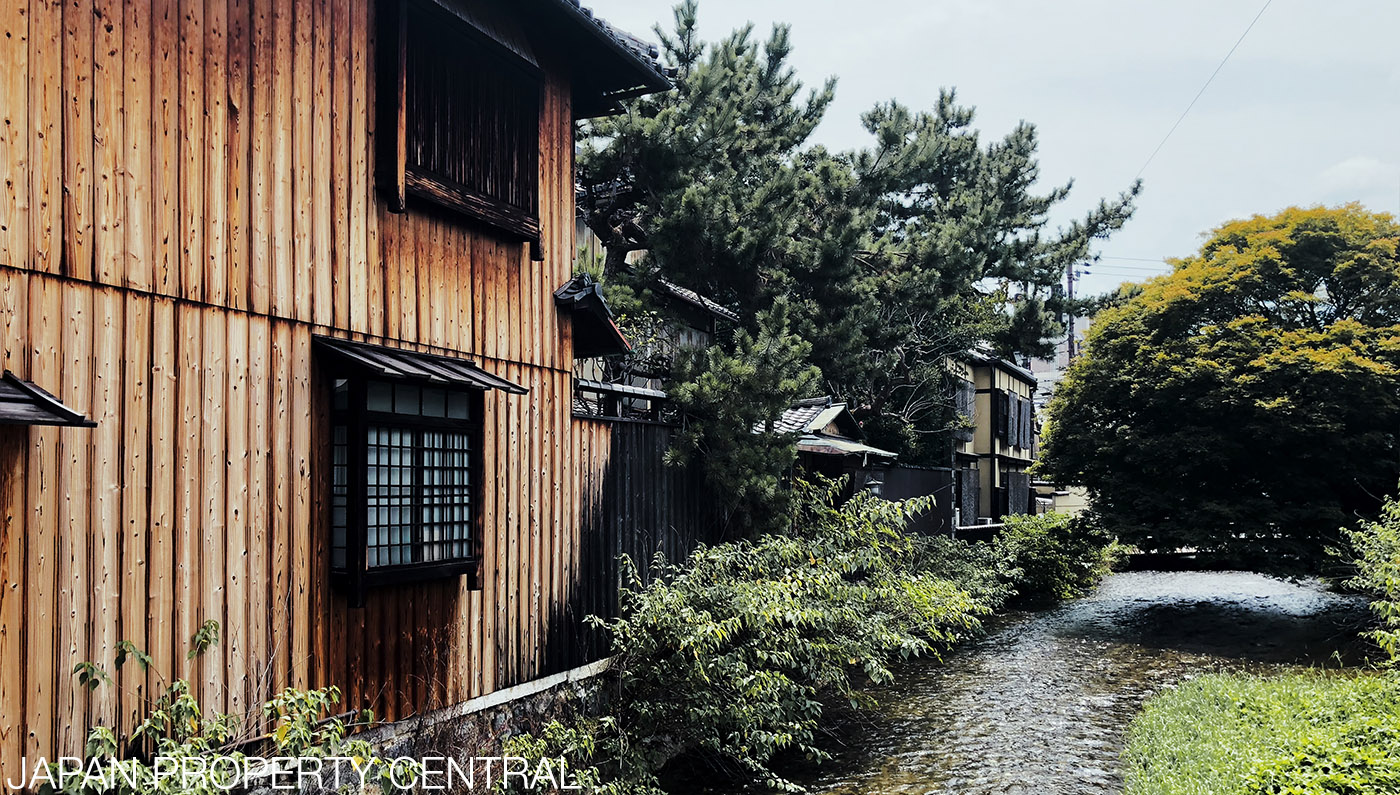
As at the end of August 2018, Kyoto City had only received 129 applications for short-term letting under the new minpaku laws that were introduced in June. Of those, 33 are located in exclusive residential zones where properties can only be rented out to guests for a maximum of 60 nights between January 15 and March 15, with some exceptions allowed for traditional machiya townhouses and homes where the host also lives on the premises. This pales in comparison to the total number of 7,028 applications made nationwide. In Kyoto Prefecture, excluding Kyoto City, only 18 applications have been received as at September 14.
Two minpaku companies in Kyoto busted for illegal short-term letting
This month, two companies that both specialize in operating short-term Airbnb-style letting, have been issued cease-and-desist orders from Kyoto City for providing accommodation without the required licenses or permissions. These are the first crackdowns in Japan since the new short-term accommodation law was introduced on June 15, 2018. Hosts found operating illegally now face fines of up to 1 million Yen (approx. 8,900 USD).Read more
New minpaku law sees 98% of listings in Kyoto disappear
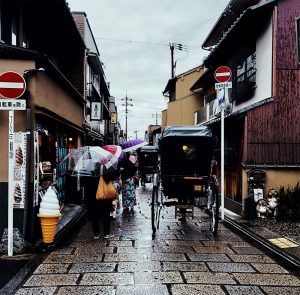 A month has passed since Japan’s new rules for home-sharing were introduced. Strict registration requirements have caused a large number of hosts to drop out of the market. In Kyoto City, the number of approvals sits at 47 as of July 13, a stark difference to the 3,000-plus lodgings that were operating beforehand.Read more
A month has passed since Japan’s new rules for home-sharing were introduced. Strict registration requirements have caused a large number of hosts to drop out of the market. In Kyoto City, the number of approvals sits at 47 as of July 13, a stark difference to the 3,000-plus lodgings that were operating beforehand.Read more
Hakone to restrict short-term accommodation in holiday home areas
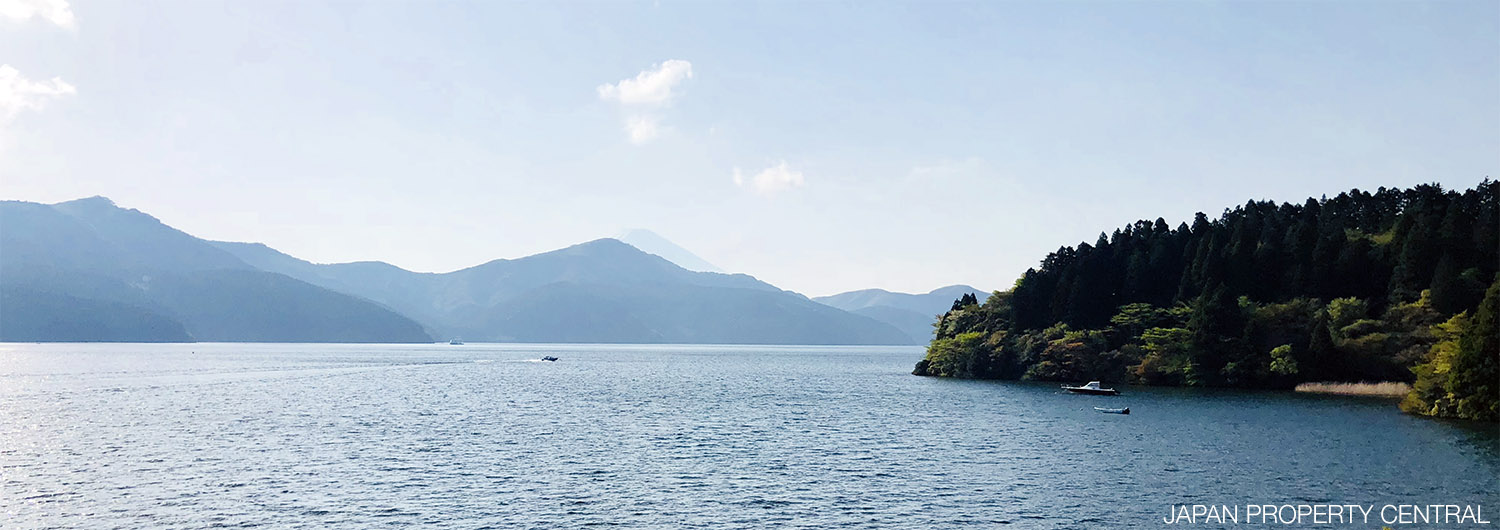
Kanagawa Prefecture has approved a special rule that will restrict minpaku-style short-term and overnight accommodation by hosts in the mountain-top hot-spring town of Hakone.
Under the new rule, short-term rentals are banned in 18 districts designated as Category I Tourist Districts located within Category I Exclusively Low-Rise Residential Zones in Hakone Town. Up to 80% of the homes in these districts are holiday homes.
Properties in these zones cannot be rented out for short-term stays between March 1 ~ June 1, August 1 ~ September 1, and October 1 ~ December 1. It is important to note that these are the popular tourist seasons for the town. Renting outside of these periods requires the host to register their accommodation.
No approvals yet under new short-term letting rules in Kyoto
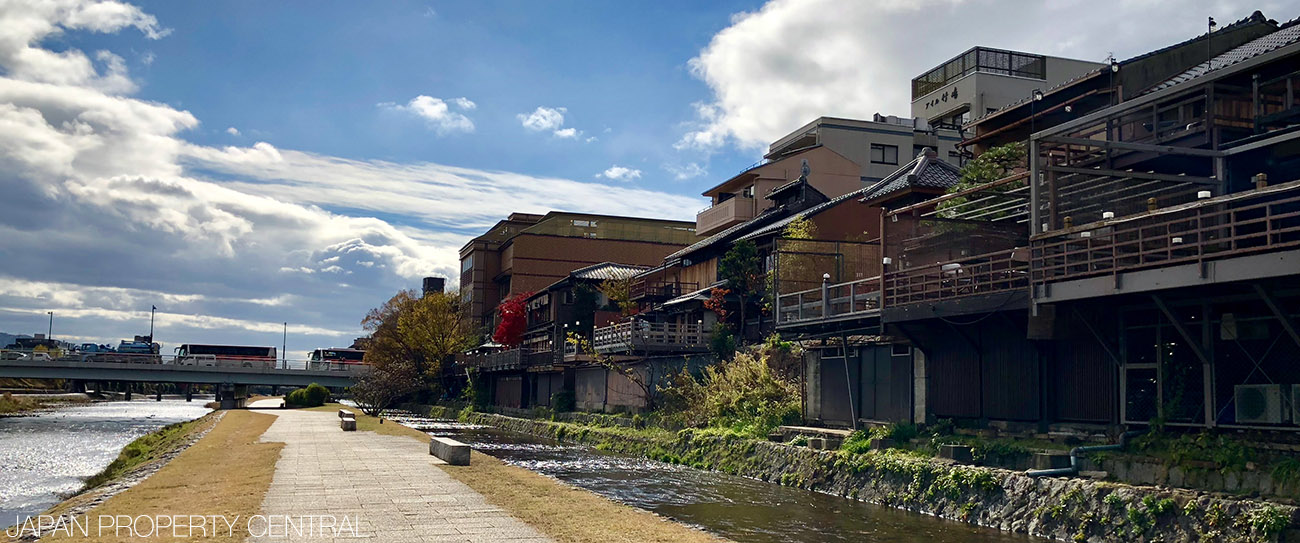
With less than a month until Japan’s nationwide short-term letting (minpaku) law goes into effect, applications from potential hosts in Kyoto City remain in the single digits.
The city’s application desk has received six applications, while zero have been approved. Kyoto City has the strictest minpaku rules in the country, with properties in exclusive residential zones limited to operations for up to 60 days per year between January 15 and March 15 (the winter months). Properties outside those zones that are not occupied by hosts must have a licensed property manager stationed around the clock within a 10 minute radius of each property. There are some exceptions for properties where the host lives on the premises, and for traditional machiya townhouses.Read more
Kyoto approves minpaku rule requiring host to be within 10 minute radius of property
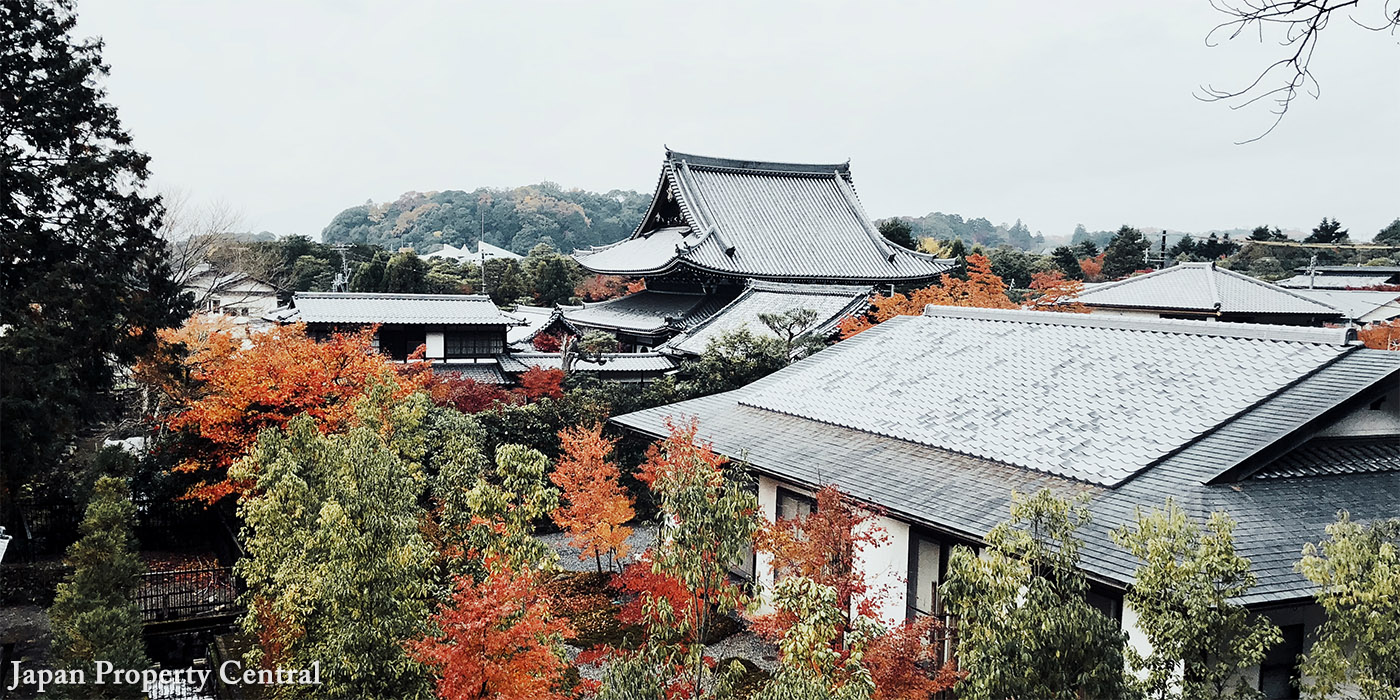
On February 23, Kyoto City approved a local ordinance that will impose strict rules on hosts of unlicensed short-term ‘minpaku’ accommodation.
For properties located in exclusive residential zones, hosts can only provide accommodation for a maximum of 60 days per year and only during the off-season winter months from January 15 to March 15. Both traditional machiya townhouses and properties where the host also lives on the premises may be exempt if certain requirements are met.Read more
